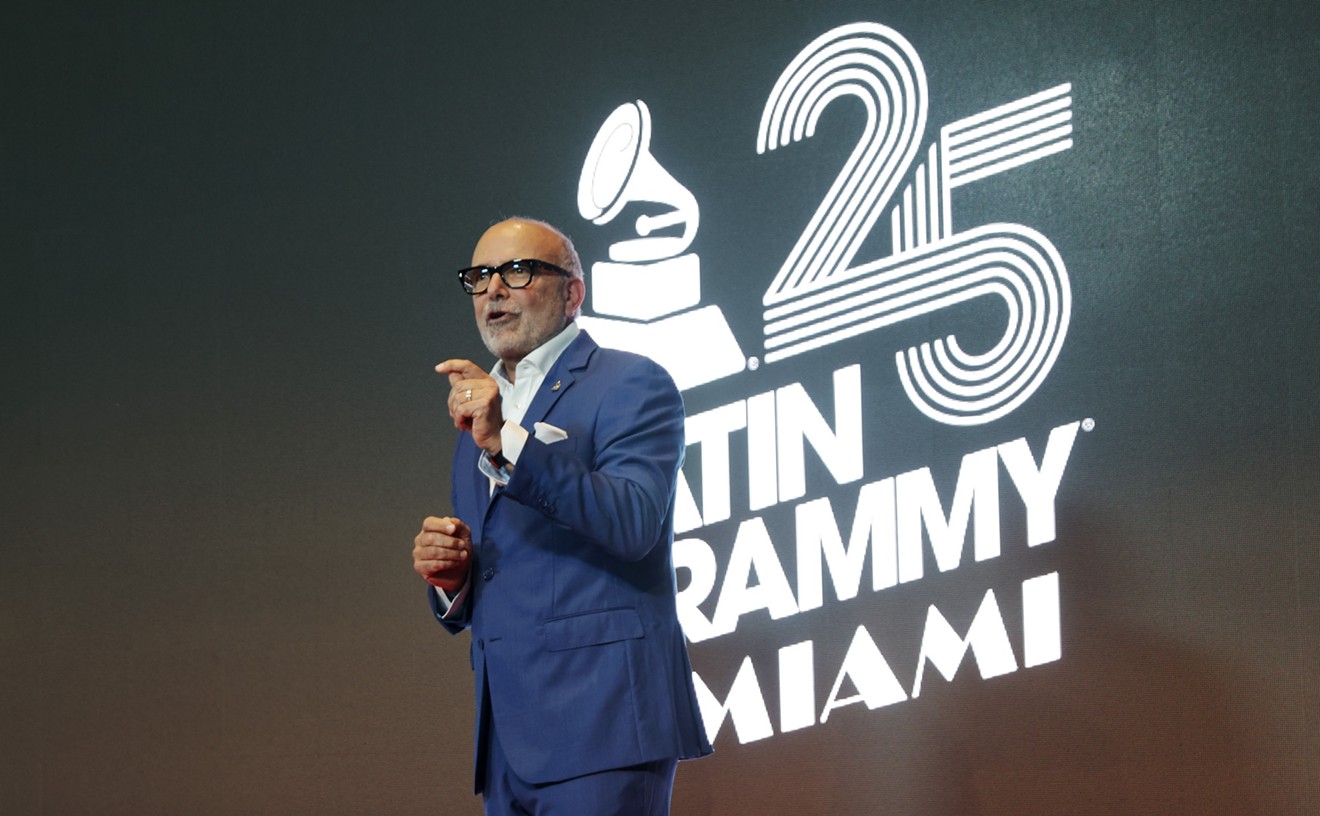Since, John Hammond has been touring as if there were hellhounds on his trail. Recent ramblings have taken him as far as Australia, Hong Kong, and Indonesia, as well as just about every corner of the U.S. (mostly by auto, accompanied by his wife). All part of the life of the itinerant bluesman who barely paused long enough to lay down tracks for his new album, Trouble No More, his second set of songs for the Charisma/Pointblank label.
Got Love, Hammond's debut for the blues-tattooed arm of Virgin Records, featured sterling production and thoughtful guest spots from Little Charlie and the Nightcats, who return for Trouble, and pals John Lee Hooker and J.J. Cale (reprising his producer's role on the sophomore slab). "John actually made money on the last album," says Elizabeth Breem, formerly of Rosebud Management in San Francisco, "which is always nice for someone in his position."
Someone in his position A meaning, of course, someone who, from his debut album in 1963, has continued to confound popular trends and play exactly what he wants: raw, unadulterated blues. No horns. No backup singers. Just heart-ripping vocals over a spark-throwing guitar and windy, emotional blues harp. At least Hammond comes by his tenacity honestly. His father, legendary Columbia A&R man John Hammond, Sr., defied conventional wisdom throughout his career, from showcasing black blues performers in concert at Carnegie Hall in the late Thirties to signing Bob Dylan (nicknamed "Hammond's Folly") to Columbia in 1960 and later giving a shot to a rough-hewn Jersey kid named Springsteen (nicknamed "the New Dylan").
One would think growing up in such a musical environment would have given young John Paul the opportunity to meet and learn licks from all the blues and R&B greats he now emulates. One would think wrong. Hammond's parents were divorced when he was still small (he lived with his mom) and, although always a fan of black music, Hammond didn't even pick up a guitar until he was seventeen. His schooling came from watching the older blues players A Lightnin' Hopkins, John Lee Hooker A with whom he would later share a stage. "I try not to sound like anybody," says the softspoken picker, on the phone from a hotel in Oregon. And mostly he succeeds, evoking rather than imitating cats such as Charles Brown, Mose Allison, and Blind Willie McTell on the new record.
The spirit of Robert Johnson, Hammond's greatest influence, is never far from the guitarman's performance, as a listen to the spooky track "Preachin' Blues" on Got Love will attest. "I took some of Robert Johnson's words and some of Son House's," he says of the mysterious and powerful cut, which details House's struggle between blues and religion. In fact, one of the highlights of the 1991 Chicago Blues Fest was Hammond's contribution to a Johnson tribute that included Taj Mahal and Johnson disciples Johnny Shines and Robert Jr. Lockwood.
Ironically, Hammond Sr. was equally bowled over by the bedeviled Delta bluesman, trying desperately to track him down to perform at Carnegie Hall in 1937. Unknown to the record man, Johnson had just gulped the poisoned whiskey that ended his life one week before. Big Bill Broonzy played Carnegie instead, earning the crossover fame that may have been Johnson's. "Who knows what would have happened?" Hammond Jr. says, refusing to speculate. (For more of Hammond's views on the Johnson legend, seek out and rent the British documentary The Search for Robert Johnson.)
Hammond has had to overcome his own struggles with obscurity, even enduring a fifteen-year major-label dry spell before landing at Pointblank, although a few sides were recorded for the independent Rounder. "They pretty much let me do what I want," he says of his new home, the memory of his early days at Vanguard still rankling. The last record he cut for Vanguard before returning ten years later was the way-ahead-of-its-time So Many Roads A with Charlie Musselwhite on harp, Robbie Robertson and the pre-Band band providing very electric backup, and Mike Bloomfield...on piano? "He heard Robbie and he just refused to play guitar," Hammond laughs about the late Bloomfield. It may have been the appearance of the early Band that queered his relationship with the label. "They thought they were just scruffy, not real musicians," Hammond recalls. "Then I introduced [the Band] to Dylan."
Like Dylan, Hammond resists formula or predictability. Even though he includes his trademark deep Delta blues on Trouble, he also picks up the tempo and plugs in with the Nightcats, ripping into Little Walter and other Fifties R&B material from the likes of Charles Brown. But the change in direction from the previous album was not a conscious decision, Hammond claims. "It's not preconceived," he says of his choice of material. "I just pick songs I like." The finest moments on the disc are those that delve even further (like the laid-back front-porch raunchfest "That Nasty Swing" with Roy Rogers on slide), dating back to the Twenties ("My girl drives a Packard car/She bought me a diamond ring/She taught me how to do the dance they call the nasty swing") or the bleak and stunning "Love Changin' Blues," written by Blind Willie McTell, and played by just Hammond and his guitar. "I'm really a solo performer," he says.
Which is just how you'll see and hear him A although he may be joined by Hot Tuna's Jorma Kaukonen for a song or two A at the Talkhouse when he arrives after his set at the New Orleans Jazz & Heritage Festival and before his show at the Handy Awards ceremony in Memphis. And no, he won't be driving this time.
John Hammond performs Saturday at 8:00 p.m. at the Stephen Talkhouse, 616 Collins Ave, Miami Beach, 531-7557. Tickets cost $10 and $15.










